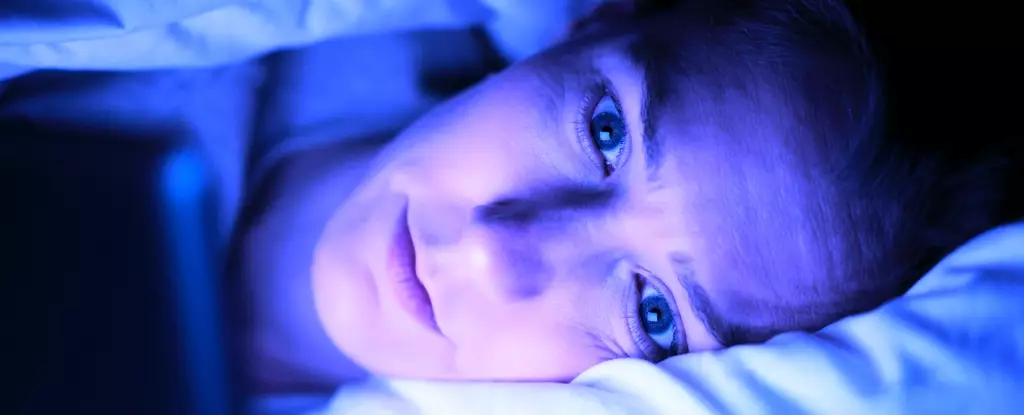There is a growing concern over the impact of blue light emitted from electronic devices on our skin. While sunlight is the most potent source of blue light, our phones, laptops, and TVs also emit this type of light at lower levels. This has led to questions about whether or not prolonged exposure to blue light can damage our skin.
Research suggests that blue light can have a negative impact on our skin in a few key ways. Firstly, exposure to blue light can stimulate the production of melanin, which can lead to hyperpigmentation, especially in individuals with darker skin tones. Furthermore, some studies indicate that blue light may damage collagen, a crucial protein for skin structure, potentially accelerating the development of wrinkles.
Blue light exposure has also been linked to disruptions in sleep patterns, which can have a direct impact on skin health. Lack of quality sleep can result in dull, puffy skin around the eyes, as well as exacerbate existing skin conditions like acne, eczema, and rosacea. Sleep deprivation can elevate stress hormone levels, leading to collagen breakdown and weakening of the skin’s natural barrier.
The beauty industry has responded to concerns about blue light exposure by offering a variety of protective products, such as mists, serums, and lip glosses. However, the effectiveness of these products outside of laboratory settings is still under question. Mineral-based sunscreens and opaque cosmetics are considered the most effective at blocking blue light.
To reduce your exposure to blue light, especially at night when it can disrupt sleep patterns, consider using the “night mode” setting on your devices or using a blue-light filter app. Limit screen time before bed and establish a relaxing bedtime routine to promote quality sleep. Additionally, hold your phone or device at a distance from your skin to minimize blue light exposure, and always use sunscreen with broad-spectrum protection.
While blue light exposure has been associated with various skin concerns, particularly pigmentation in individuals with darker skin tones, more research is needed to fully understand its effects. Prioritizing good sun protection with broad-spectrum sunscreen is currently the best defense against not only UV rays but also blue light. Stay informed and take proactive steps to protect your skin from the potential harm of blue light exposure.


Leave a Reply